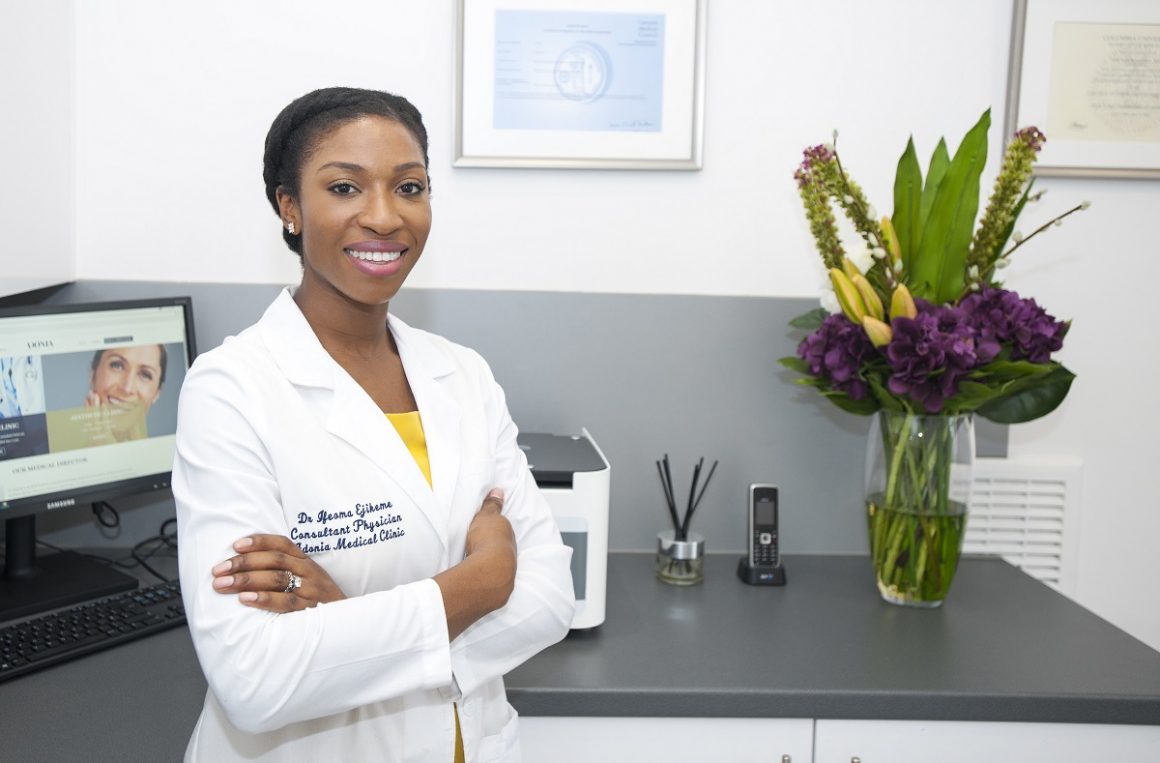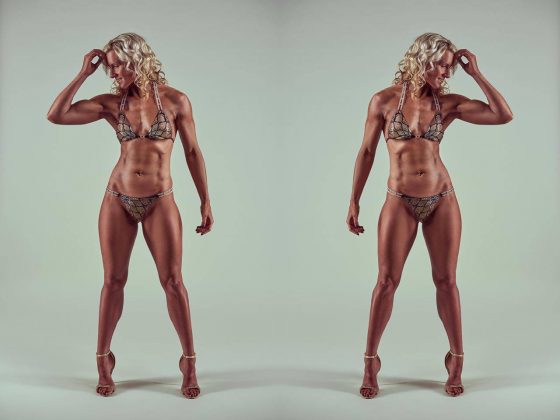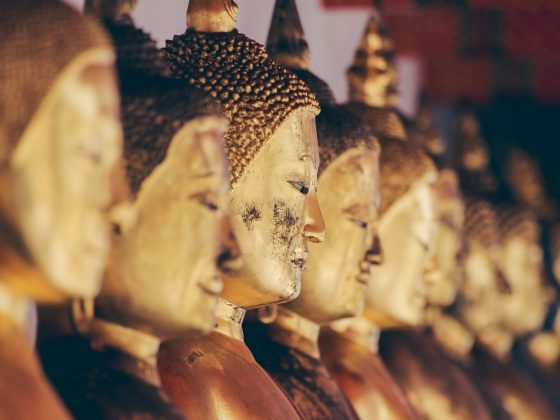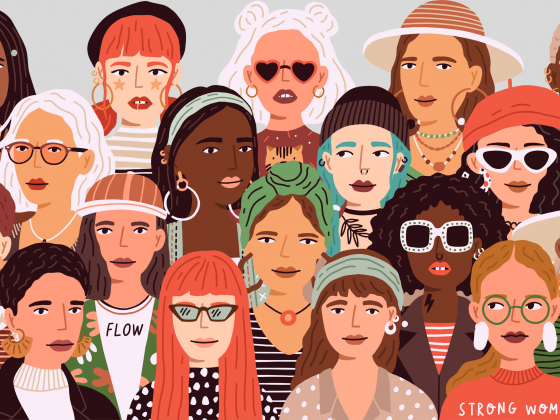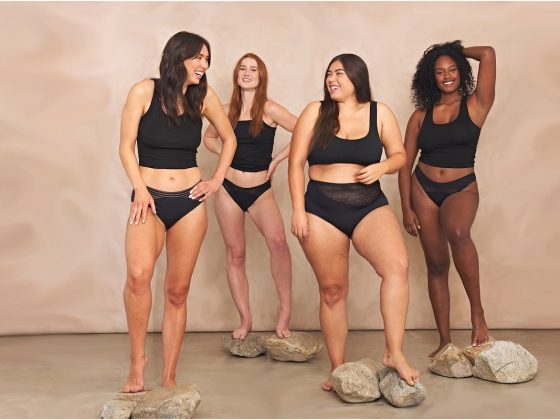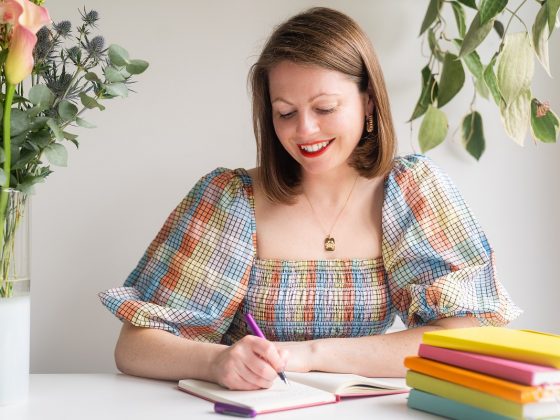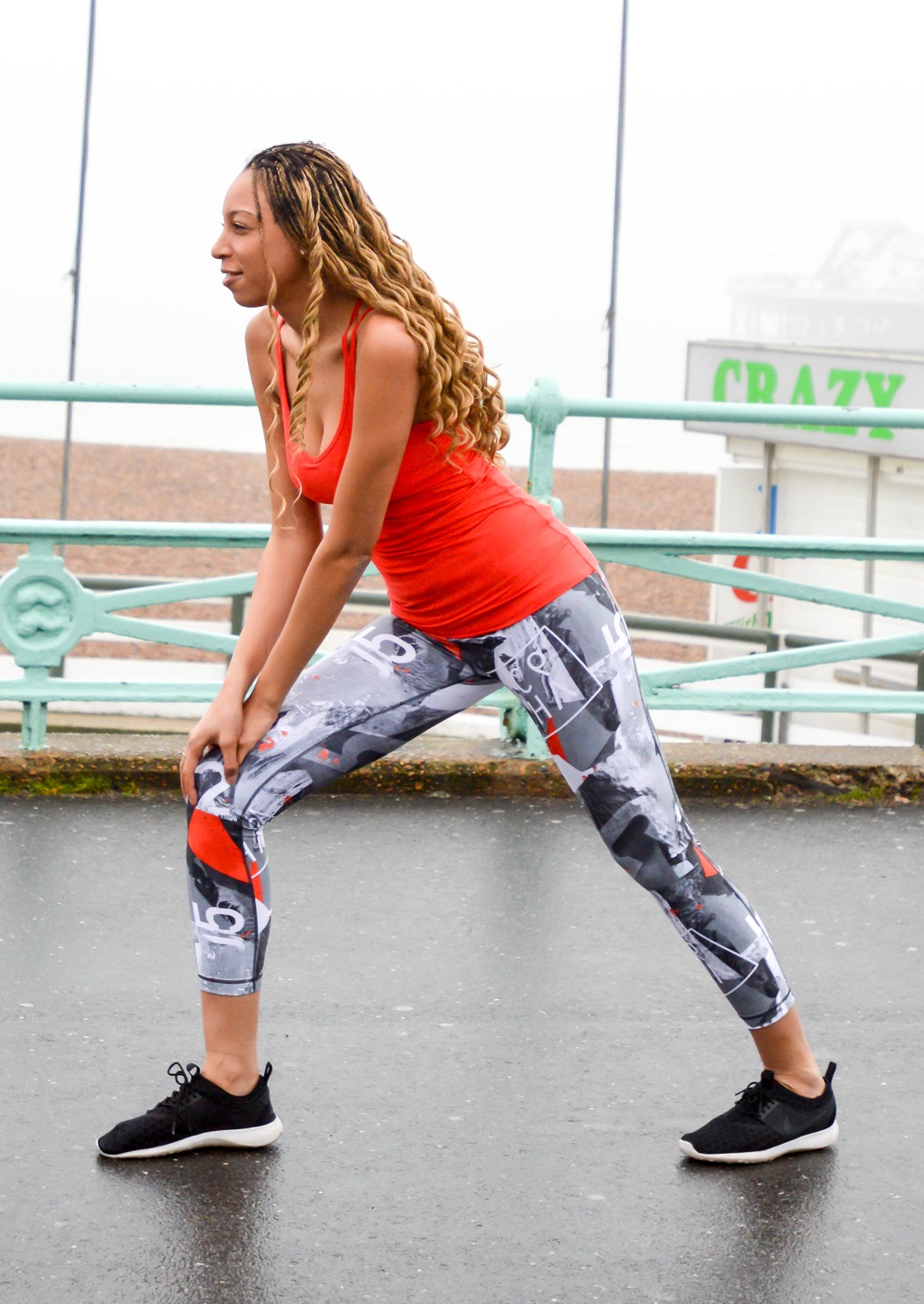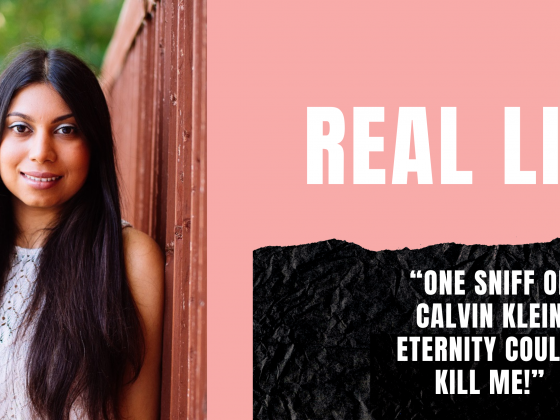There has been this assumption that there is not a market for Black skincare and treatments – this is very wrong. In fact, a Nielsen study found that Black women spend nine times the amount of money on skin and haircare than their Caucasian counterparts…
By Dr Ifeoma Ejikeme
But let me start by giving you a snapshot into the unconscious bias that exists within the health and beauty industry:
I have attended numerous UK lectures and conferences in aesthetics in the last 7 years and found that each time there are hundreds of talks on Caucasian skin but only one or two on skin of colour. In fact, even when it is spoken about, there is a notion that Black skin is difficult to treat. The language used around treating Black skin is negative – “hard”, “we can’t do this”, “we shouldn’t do that.”
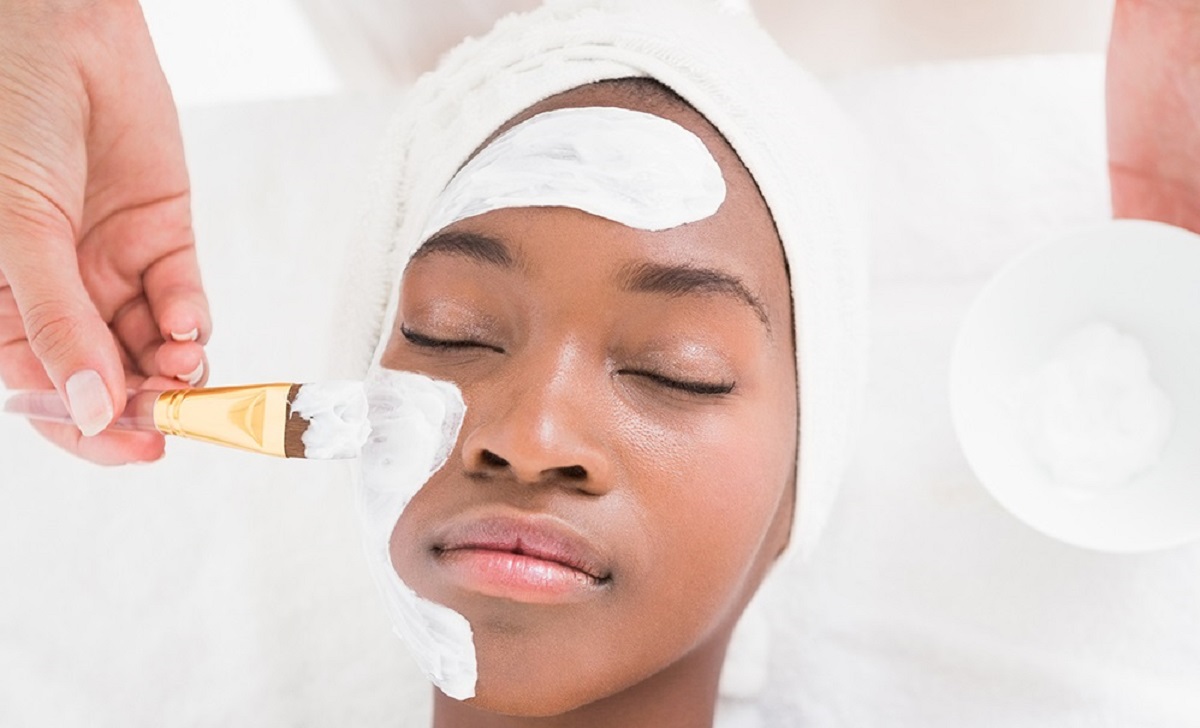
When studying cases of skin conditions, they are usually shown on Caucasian skin. If doctors want to delve more into the different presentations in Black skin, they have to deliberately seek out additional case studies. This shouldn’t occur, it should be part of medical and aesthetic education. If the education is not there, it is no surprise that many of the peels on the market are often labelled: ‘Cannot be used on skintypes 5 and 6 (brown and black skin)’ – but then offer no alternatives.
In my own journey, despite being an A student, I was actively discouraged from applying to medical school by the school councillors’. Like many other Black doctors I chose to ignore them and continue on my path. Even now, despite being one of the most advanced doctors in the UK with training that is highly acclaimed internationally, I am often mistaken for the junior in the room. I like to believe this is due to my youthful appearance but there may be other factors such as unconscious biases at play here – again, this happens to so many black medical professionals.
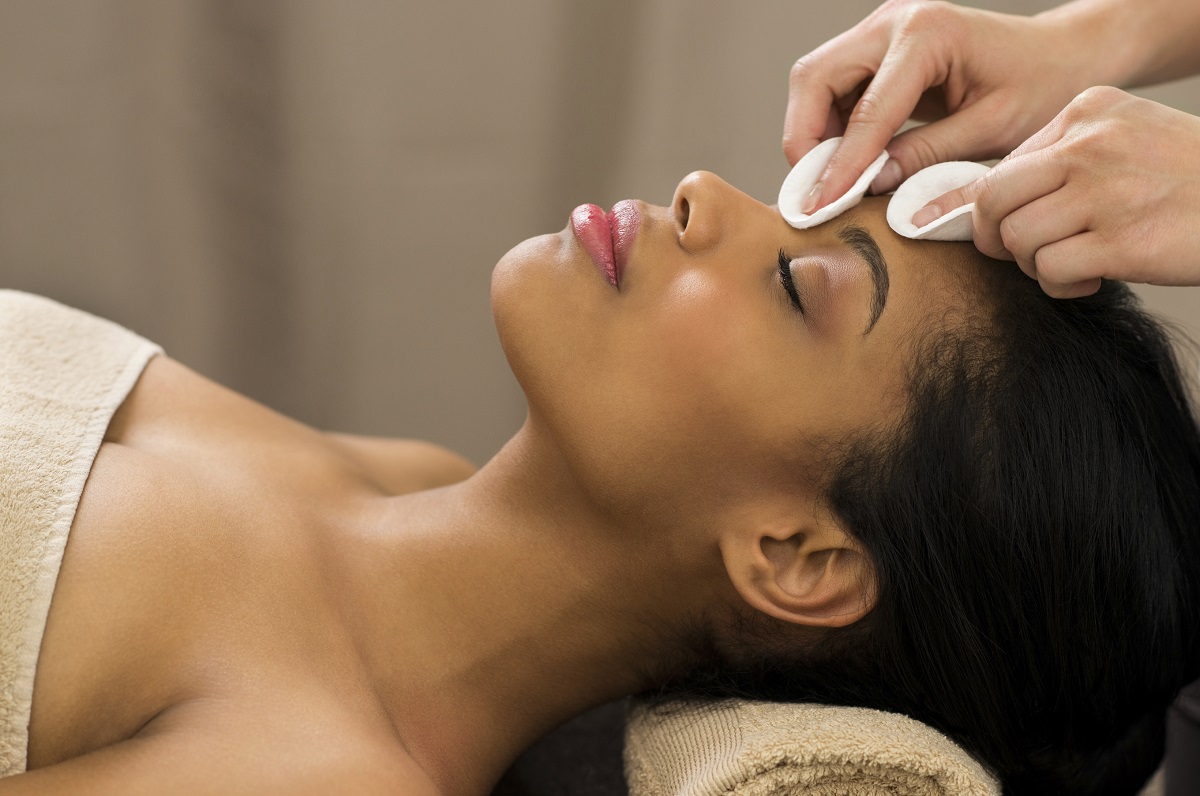
What needs to change
It is time for change. Here’s how things can be improved for black doctors, patients and consumers:
• We need a revised and expanded medical curriculum – with diverse case studies that include all skin types.
• We need REAL representation in the media. Magazines and brands need to be showing different skin types. Often in a shoot there will be a number of models with different Caucasian skin types and then one model of colour. There are many different types of black women, all of whom should be represented.
• We need REAL representation in experts. There are many black experts and they should be sort out and included. Their knowledge is valuable to the wider community and its only through inclusion that this can be shared.
• It was famously said “you can’t be what you don’t see” Give black experts the opportunity to share their stories in the media to inspire future generations.
• Brands should invest in research, education and training in order to create products that better cater to the concerns of black skin. It is not only ethical, it is profitable.
• Companies that produce lasers and skin peels need to include black skin on their protocols. If they do not know how to do it, then they should team up with a doctor who has the knowledge to create these protocols.
• Conferences need to be revised. Black skin and all skin types need to be spoken about across talks with case studies of all skin types shown. For doctors hosting talks that do not have experience with black skin, team up with a doctor who does.
• Brands should choose a diverse range of influencers who can connect to many different audiences. Products should be used on appropriate skin and the influencer should be educated on what results they can expect, so that this can be communicated clearly to their audience.
Myself and a team of award winning medical professionals have set up the Black Aesthetics Advisory Board (BAAB)
The BAAB will investigate the experiences of black practitioners, patients and consumers. We want to inform change, from ensuring all practitioners understand the needs of black skin to increased representation of black professionals at all industry levels. Through this, we will be able to positively impact the experiences of black patients and professionals within aesthetics and beauty.
The Black Aesthetics Advisory Board (BAAB) includes:

Dr Ifeoma Ejikeme 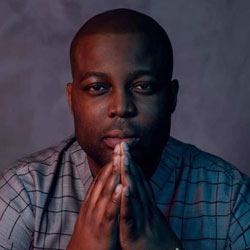
Dr Tijion Esho 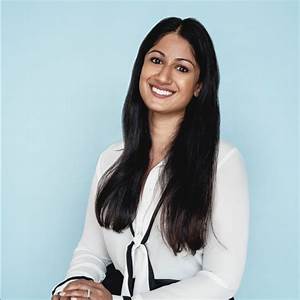
Dr Aimee Vyas 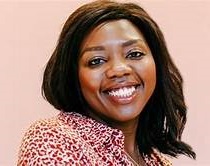
Dija Ayodele
Dr Ifeoma Ejikeme is the Founder and Director of award winning Adonia Medical Clinic. She is an NHS consultant, Senior Lecturer in Aesthetic Medicine and Clinical Skin Expert.

